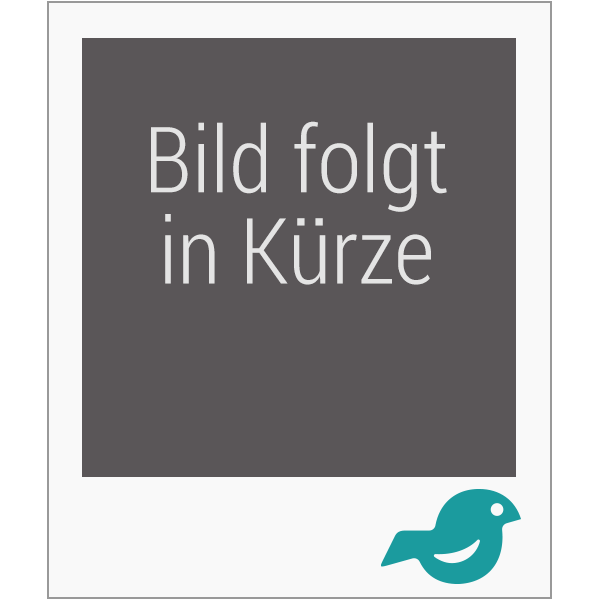Anger, impatience, exasperation, irascibility: this book examines the feelings of anger we all experience ? though we often suppress them ? when faced with annoyances, accidents, lack of consideration, slowness, or incompetence. Such feelings of anger are much more widespread than the more dramatic outbursts of fury.Anger against inanimate objects, against other people, against events, and even against life itself, undermines the lives of many people, who would otherwise seem to have all the prerequisites for happiness. But these feelings stop them from enjoying themselves and making the most out of life and out of the present moment. A failure to control anger can have serious repercussions on all human relations, whether personal or professional.How can we lead anger-free lives? According to the author, we must first learn the following: self-acceptance; tolerance of others; and the reality principle.In today's society of abundance, with its insistence on increased consumption, ever-more pleasure and the I'mediate satisfaction of all desires, the threshold of tolerance to frustration has dropped dangerously.In this book, Didier Pleux develops the theory that he had applied to childhood in his earlier work De l?Enfant roi à l?enfant tyran: after teaching us to say ?no? to children, he now shows us that the acceptance of frustration is an essential aspect of the learning process, and that it is just as important for adults as it is for children.Didier Pleux is a clinical psychologist and the director of the French Institute of Cognitive Therapy. He holds a doctorate in development psychology and is the author of Manuel d?éducation à l?usage des parents d?aujourd?hui (2004), Remotiver son enfant à l?école (2003), De l?Enfant roi à l?enfant tyran (2002) and ?Peut mieux faire? (2001).
Hinweis: Dieser Artikel kann nur an eine deutsche Lieferadresse ausgeliefert werden.
Hinweis: Dieser Artikel kann nur an eine deutsche Lieferadresse ausgeliefert werden.








